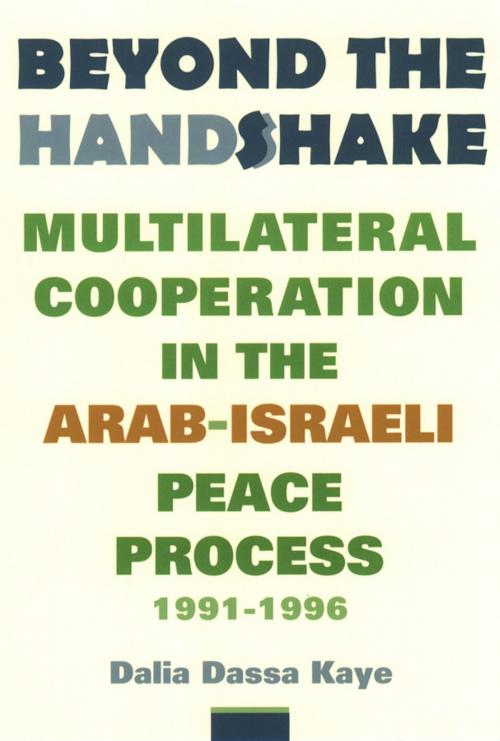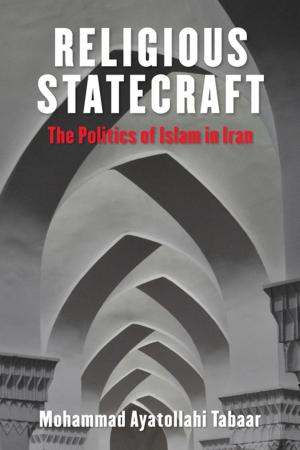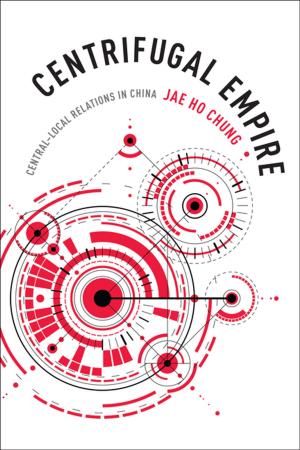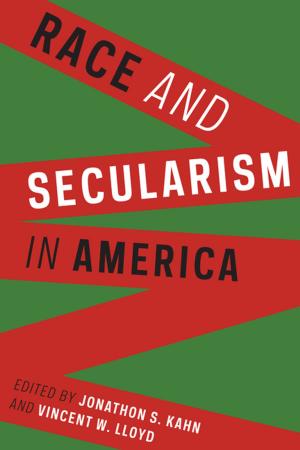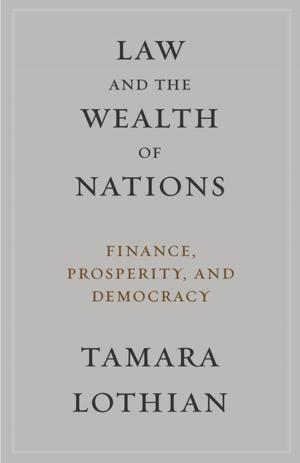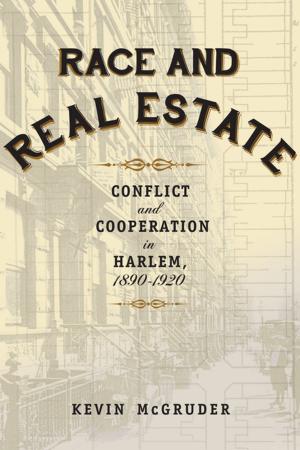Beyond the Handshake
Multilateral Cooperation in the Arab-Israeli Peace Process, 1991-1996
Nonfiction, History, Middle East, Social & Cultural Studies, Political Science, International, International Relations| Author: | Dalia Dassa Kaye | ISBN: | 9780231529365 |
| Publisher: | Columbia University Press | Publication: | August 14, 2012 |
| Imprint: | Columbia University Press | Language: | English |
| Author: | Dalia Dassa Kaye |
| ISBN: | 9780231529365 |
| Publisher: | Columbia University Press |
| Publication: | August 14, 2012 |
| Imprint: | Columbia University Press |
| Language: | English |
Arabs and Israelis have battled one another in political and military arenas, seemingly continuously, for some fifty years. The 1991 Madrid Peace Conference sought to change this pattern, launching bilateral and multilateral tracks in the Arab-Israeli peace process. As a result, a broad group of Arab states sat down with Israel and began to cooperate on a wide range of regional issues in what became known as the Middle East multilaterals. Yet why did enemies reluctant even to recognize one another choose to cooperate on regional problems? And once this process began, what drove the parties to continue such cooperation or, in some cases, halt their cooperative efforts? Beyond the Handshake addresses these fundamental questions, exploring the origins of the multilaterals and the development of multilateral cooperation in the areas of arms control and regional security, economic development, water management, and the environment. Dalia Dassa Kaye, challenging conventional concepts of cooperation, argues that multilateral cooperation in the Middle East must be appreciated as a process of interaction rather than solely as a set of outcomes. Presenting theoretical insights of value to students of regional and international relations, Beyond the Handshake provides a unique look at the evolving nature of Arab-Israeli relations and exposes the foundation the multilateral peace process laid for future regional cooperation in the Middle East.
Arabs and Israelis have battled one another in political and military arenas, seemingly continuously, for some fifty years. The 1991 Madrid Peace Conference sought to change this pattern, launching bilateral and multilateral tracks in the Arab-Israeli peace process. As a result, a broad group of Arab states sat down with Israel and began to cooperate on a wide range of regional issues in what became known as the Middle East multilaterals. Yet why did enemies reluctant even to recognize one another choose to cooperate on regional problems? And once this process began, what drove the parties to continue such cooperation or, in some cases, halt their cooperative efforts? Beyond the Handshake addresses these fundamental questions, exploring the origins of the multilaterals and the development of multilateral cooperation in the areas of arms control and regional security, economic development, water management, and the environment. Dalia Dassa Kaye, challenging conventional concepts of cooperation, argues that multilateral cooperation in the Middle East must be appreciated as a process of interaction rather than solely as a set of outcomes. Presenting theoretical insights of value to students of regional and international relations, Beyond the Handshake provides a unique look at the evolving nature of Arab-Israeli relations and exposes the foundation the multilateral peace process laid for future regional cooperation in the Middle East.
